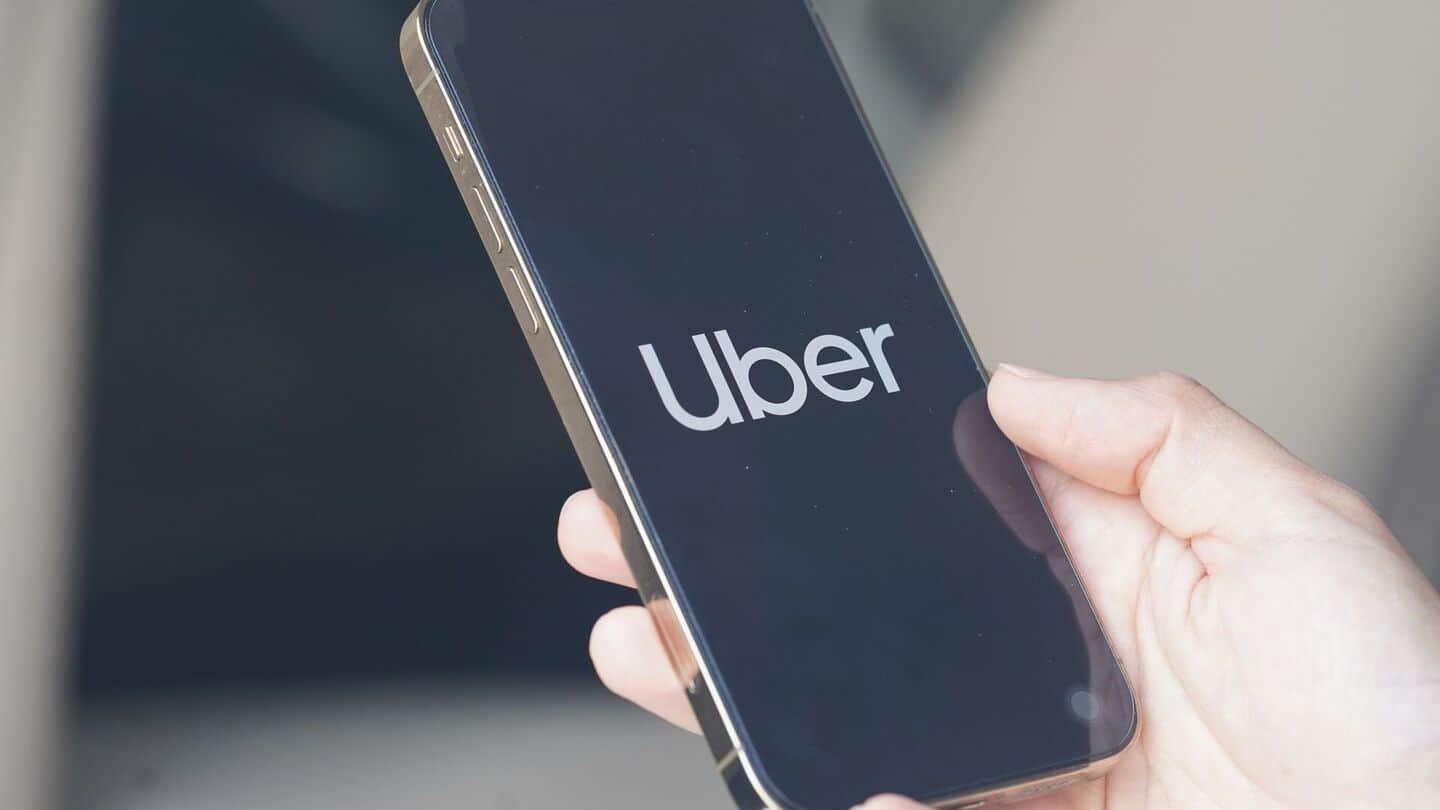
US FTC sues Uber over deceptive subscription practices
What's the story
The US Federal Trade Commission (FTC) has filed a lawsuit against Uber, accusing the company of "deceptive billing and cancellation practices." The consumer protection agency claims Uber charged customers for its Uber One subscription without their consent and made it unnecessarily difficult for users to cancel their subscriptions. An Uber representative has denied the allegations, expressing disappointment at the FTC's lawsuit.
Service details
Uber One: A subscription service under scrutiny
Uber launched its Uber One subscription service in 2021, providing users with perks like free delivery and discounts on select rides and orders. The service can be availed at $9.99 per month or $96 per year. The FTC's complaint claims that suspending these subscriptions is "extremely difficult" for consumers, who may have to click as many as 23 screens and take up to 32 actions if they try to cancel their subscriptions.
Cancelation process
Uber disputes FTC's claims on cancelation process
Responding to the FTC's allegations, Uber has denied the claim that canceling subscriptions is too complicated. An Uber representative said, "Cancellations can now be done anytime in-app and take most people 20 seconds or less." Earlier, customers had to reach out to support within 48 hours of their next billing period to cancel. Uber clarified that this is no longer the case and customers can cancel anytime.
Unauthorized charges
FTC accuses Uber of unauthorized enrollment in subscription service
The FTC has also accused Uber of enrolling customers in its Uber One subscription without their consent. The complaint includes a case where a customer was charged despite not having an Uber account. Responding to these allegations, Uber said it "does not sign up or charge consumers without their consent."
FTC's legal action
Legal action against Uber marks FTC's first lawsuit under Trump
This lawsuit against Uber is the FTC's first case against a major US tech company since President Donald Trump started his second term in January. The agency is already prosecuting Meta - formerly Facebook - for allegedly establishing a social media monopoly with its Instagram and WhatsApp acquisitions. The FTC has accused Meta of using anticompetitive behavior to retain its dominance in the social media industry.